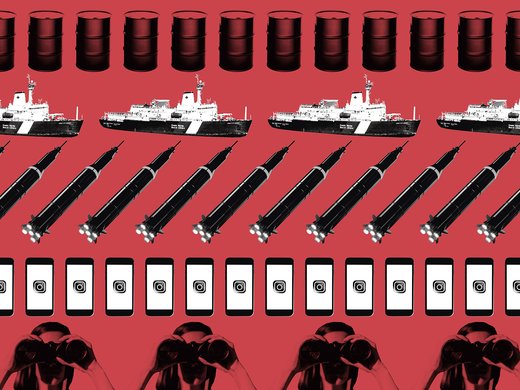Online anonymity-granting systems such as The Onion Router (Tor) network can be used for both good and ill. The Dark Web is possible only because of online anonymity. Illegal markets, trolls and online child abuse rings proliferate due to the technology of Tor and other similar systems. However, the anonymity provided by such systems gives cover for people in repressive regimes that need the protection of technology in order to surf the Web, access censored content and otherwise exercise their genuine right to free expression. These opposing trends pose a dilemma. Tor is basically a neutral tool that can be used for either good or ill. Whether the technology is worth it, depends upon the net effect. Unfortunately, the costs and benefits of a system like Tor are not evenly distributed globally. The ills tend to cluster in liberal countries, while the benefits tend to cluster most in repressive regimes. At the same time, shuttering anonymity networks is not a viable long-term solution, as it will probably prove ineffective and will be costly to those people that genuinely benefit from these systems.
Rather than being a solely technological problem, this paper argues that the problem of the Dark Web, enabled by anonymity-granting technologies, is a social one. Just as peace and order are maintained in our offline lives through judicious policing, the same principle should apply online. The networks of the Dark Web need to be more actively policed, especially in liberal democratic countries. Online policing, as shown by the takedown of illegal marketplaces such as Silk Road and child pedophilia rings, is actually possible, and both as effective and as expedient as offline policing. More movement in the direction of judicious online policing can minimize the socially damaging costs of anonymity-granting technologies, while still allowing the benefits of such systems. It is not the ideal solution, but it is likely the best that can be done.


